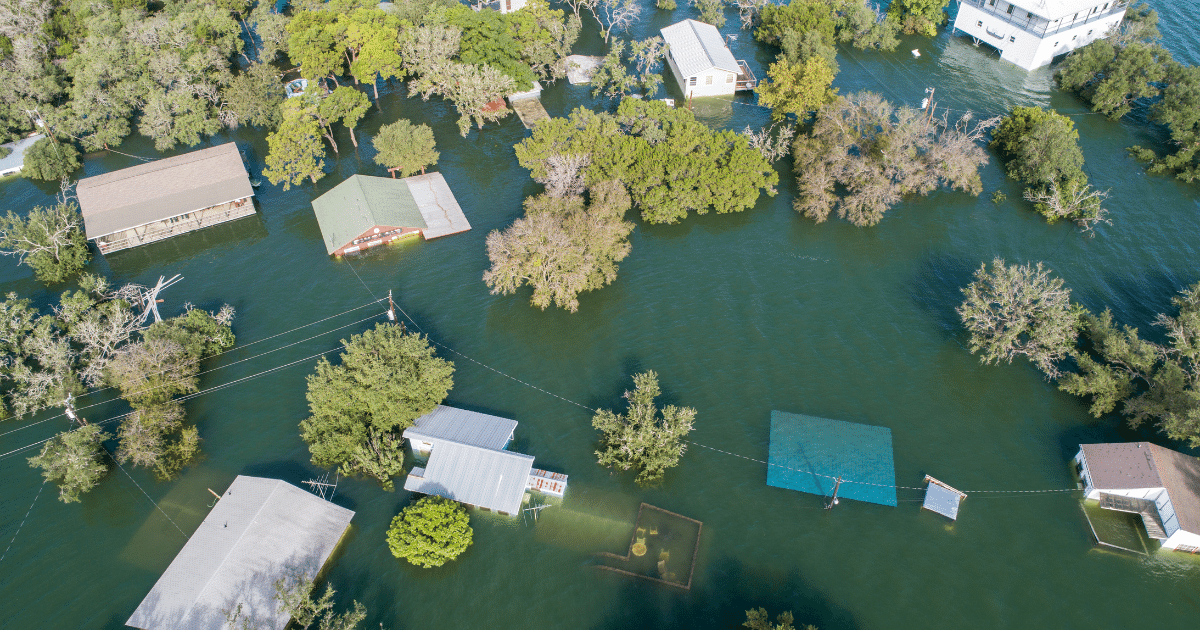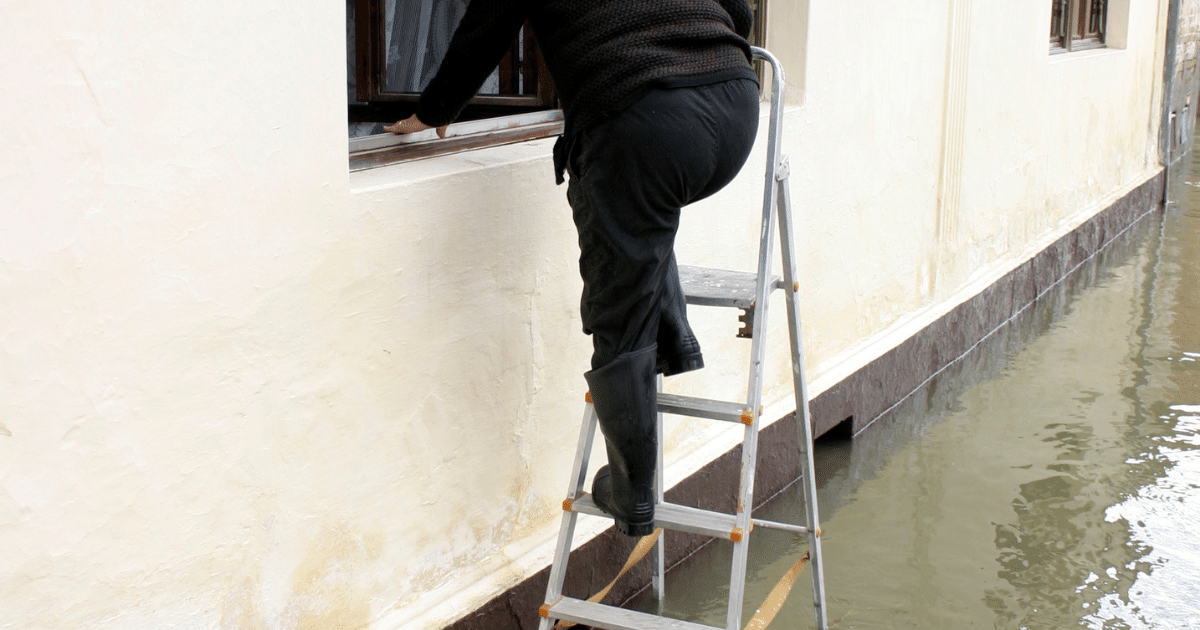
Vacant Home Insurance: What to Ask About
Homes become vacant for many reasons. Maybe your home is for sale but you haven’t found a buyer yet. Or you’ve purchased a new home but won’t move in for a while. It could be a rental property that’s between tenants. Whatever the cause, there are some insurance risks that you should keep in mind.
You may be thinking, why get vacant home insurance when you already have regular homeowners insurance? Well, most homeowner’s policies exclude or limit coverage if the home is vacant, so you’ll need more specific coverage.
Insurance coverage is extremely important for a vacant home because there are lots of dangers that threaten vacant homes in particular. If you’re debating whether or not you need a vacant policy, talk to your insurance agent! Here are some things to ask about:
Cost
Vacant home insurance typically costs more than regular homeowners insurance due to potential risks like weather threats, fires, and vandalism. However, you may be able to get a discount by installing security systems around the house. Even if your insurance company doesn’t provide a discount for extra security, it’s a good idea that will make your home safer!
Coverage
Each vacant home insurance policy is different. Many cover damage caused by fires, lightning, wind storms, hail, vandalism, and theft. Check with your insurance company to see what options you have. (Remember to ask if flood damage coverage is an option!) There are also different time lengths for policies. Many are 12 months long, but they could go up to four years, so find out what will work best for you. You’ll also want to consider Liability coverage, which applies if anyone is hurt on your property and you’re found legally responsible.
Restrictions
Many insurance companies have different definitions of what is vacant and what is unoccupied. Additionally, there may be a specific time length distinction for the type of coverage. Restrictions can also be based on the age or value of the home. Discuss these variables with your insurance agent to find the coverage that works best for you!
Still not sure if vacant home insurance is for you? Contact your local agent to learn more and get a quote! Overall, don’t be afraid to ask questions about insurance. Let us know if you have any questions in the comments.



























































